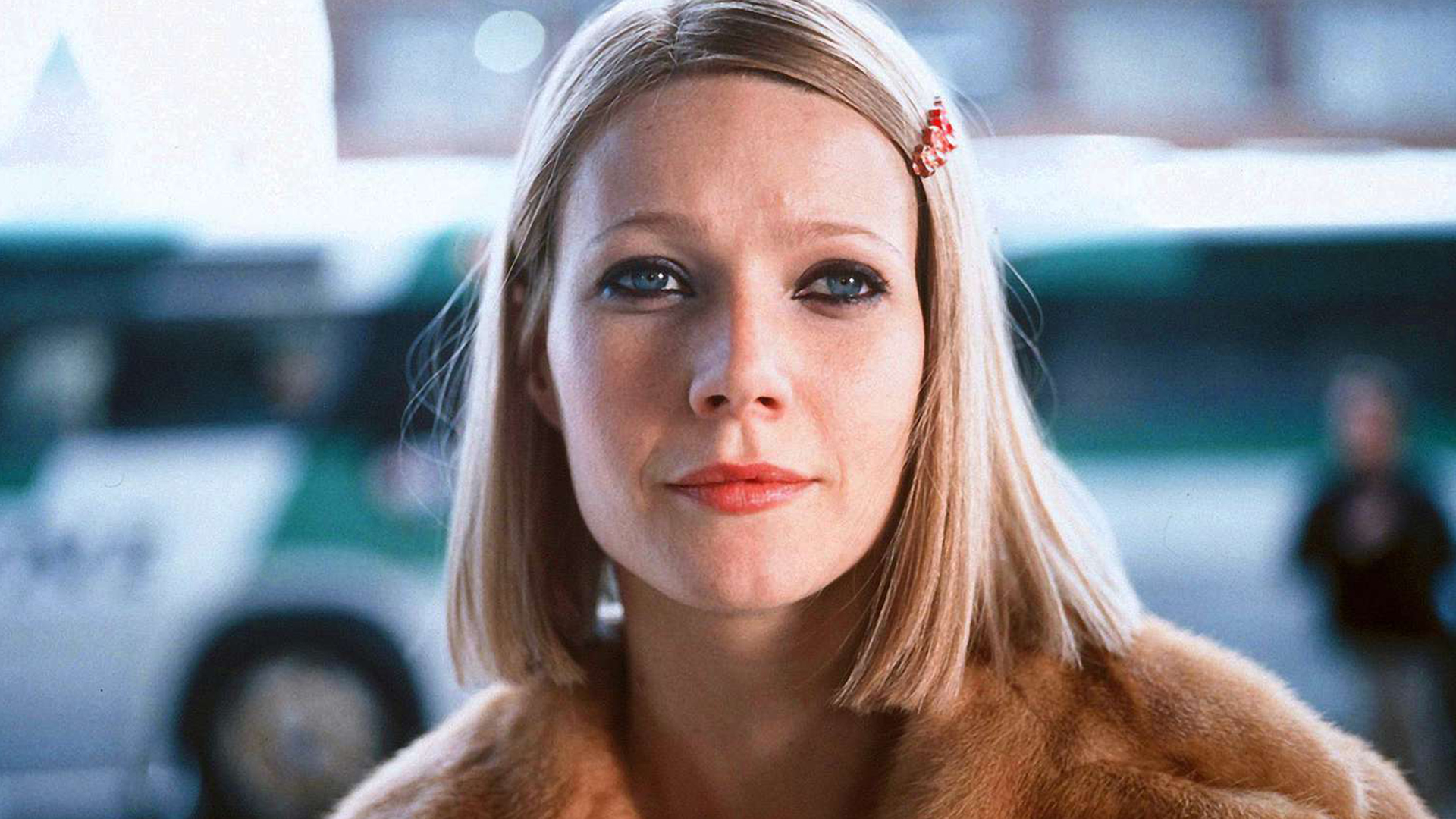Director: Francesco Rosi
Cast: Salvo Randone, Frank Wolff, Sennuccio Benelli, Giuseppe Calandra, Pietro Cammarata, Max Cartier
Italy, 1962, 107’, black & white, Italian with Turkish subtitles
This crime and mafia film brought Francesco Rosi international fame and was the first example of his unique mosaic style. Based on the life story of Salvatore Giuliano, a Sicilian bandit and folk hero who played a key role in Sicily’s guerilla war for independence after the war and later turned into a mafia leader, the film begins with Giuliano’s murder in 1950 and narrates with flashbacks how he became a bandit, attacking communists and fighting security forces. Eventually, Giuliani becomes so cruel that even his own men desert him.
Trailer

The New Year is more than just a date change on the calendar. It often marks a turning point where the weight of past experiences is felt or the uncertainty of the future is faced. This season, Pera Film highlights films that delve into themes of hope, regret, nostalgia, and new beginnings.
Tuesday - Saturday 10:00 - 19:00
Friday 10:00 - 22:00
Sunday 12:00 - 18:00
The museum is closed on Mondays.
On Wednesdays, the students can
visit the museum free of admission.
Full ticket: 300 TL
Discounted: 150 TL
Groups: 200 TL (minimum 10 people)